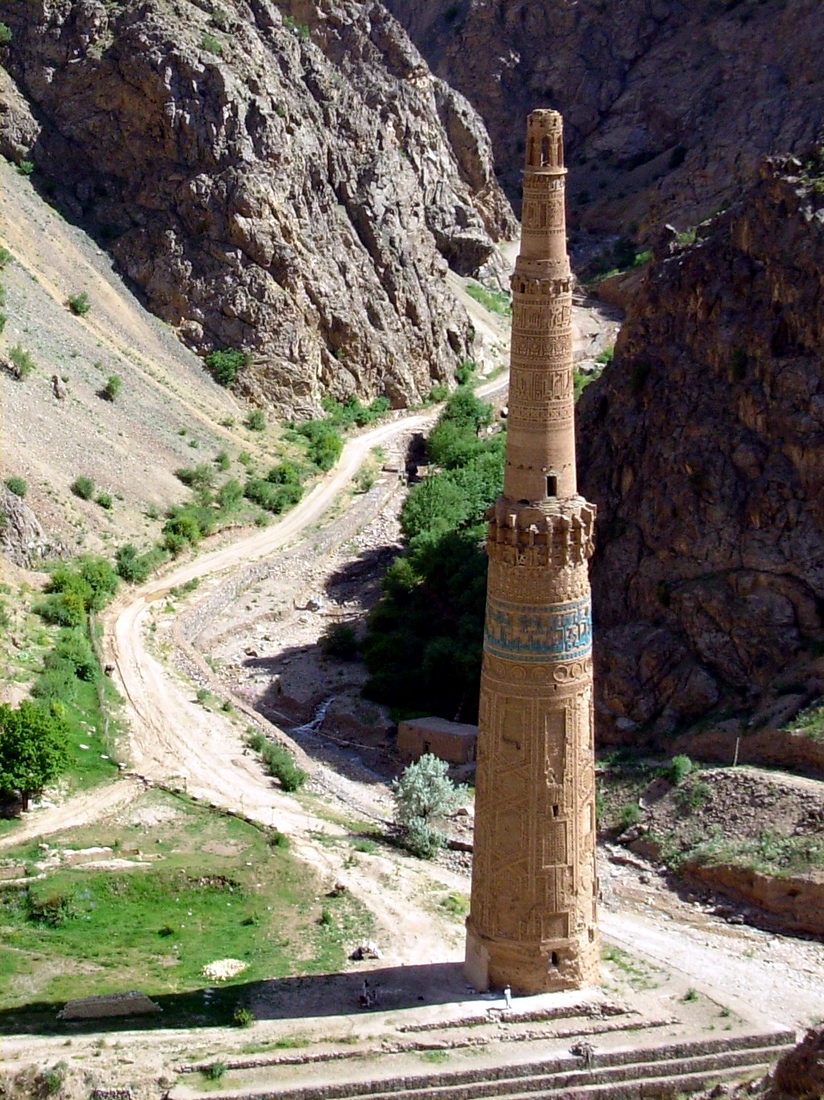|
Firozkoh
Firozkoh ( Persian: فیروزکوه, ''Fīrōzkōh''), or Turquoise Mountain, was the summer capital of the Ghurid dynasty, in the Ghor Province of central Afghanistan. It was reputedly one of the greatest cities of its age, but was destroyed in 1223 after a siege by Tolui, son of Genghis Khan. The location of the city was lost to history. It has been proposed that the Minaret of Jam, in Shahrak District, Ghor Province, is the only standing remains of the city. History The Ghurid sultanate was brought to prominence in 1150 by Ala Al-Din Husayn, who overthrew the previous Ghaznavid dynasty and burned their capital city, Ghazna, killing up to 60,000 inhabitants. A historian of the dynasty, Minhaj al-Siraj Juzjani, wrote that the remaining citizens of Ghazna, imprisoned, were used to transport building supplies to Firozkoh. Juzjani also claims that the blood of the prisoners was combined with mud to form additional building materials. The city had been founded several years pre ... [...More Info...] [...Related Items...] OR: [Wikipedia] [Google] [Baidu] |
Ghorid Dynasty
The Ghurid dynasty (also spelled Ghorids; fa, دودمان غوریان, translit=Dudmân-e Ğurīyân; self-designation: , ''Šansabānī'') was a Persianate dynasty and a clan of presumably eastern Iranian Tajik origin, which ruled from the 10th-century to 1215. The Ghurids were centered in the Ghor of present-day central Afghanistan, where they initially started out as local chiefs. They gradually converted to Sunni Islam from Buddhism after the conquest of Ghor by the Ghaznavid ruler Mahmud of Ghazni in 1011. The dynasty ultimately overthrew the Ghaznavid Empire when Muhammad of Ghor conquered the last Ghaznavid principality of Lahore in 1186 from Khusrau Malik. The Ghurids initially ruled as vassals of the Ghaznavids and later of the Seljuks. However, during the early twelfth century the long-standing rivalry between the Seljuks and Ghaznavids created a power vacuum in Khurasan which the Ghurids took advantage of and began their territorial expansion. Ala al-Din Husayn ... [...More Info...] [...Related Items...] OR: [Wikipedia] [Google] [Baidu] |
